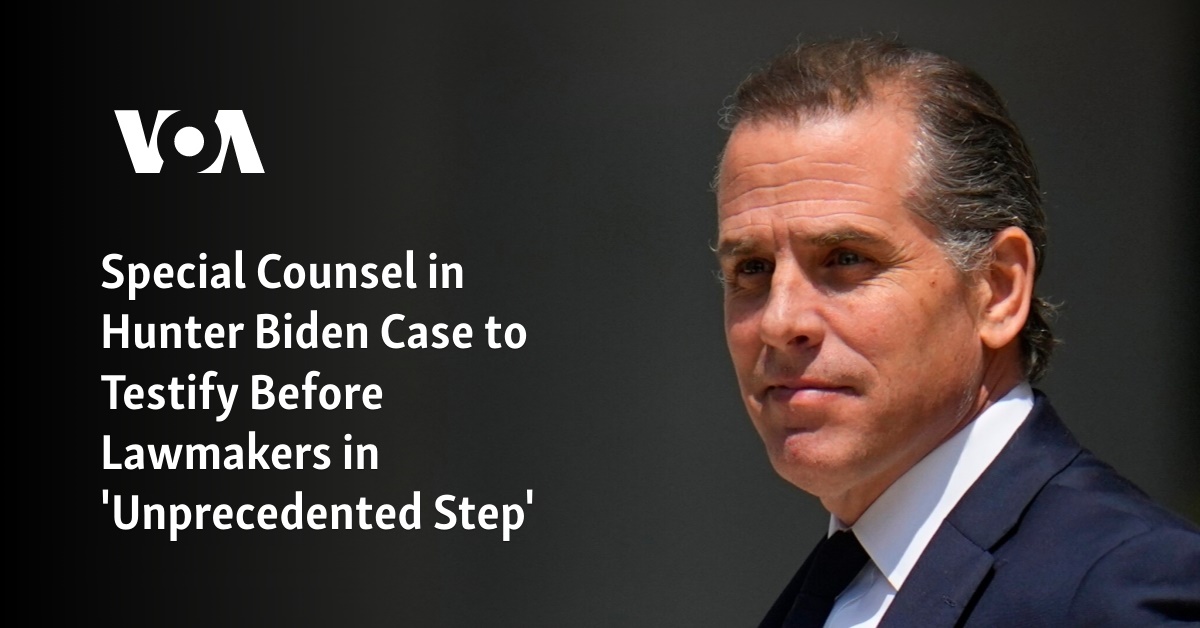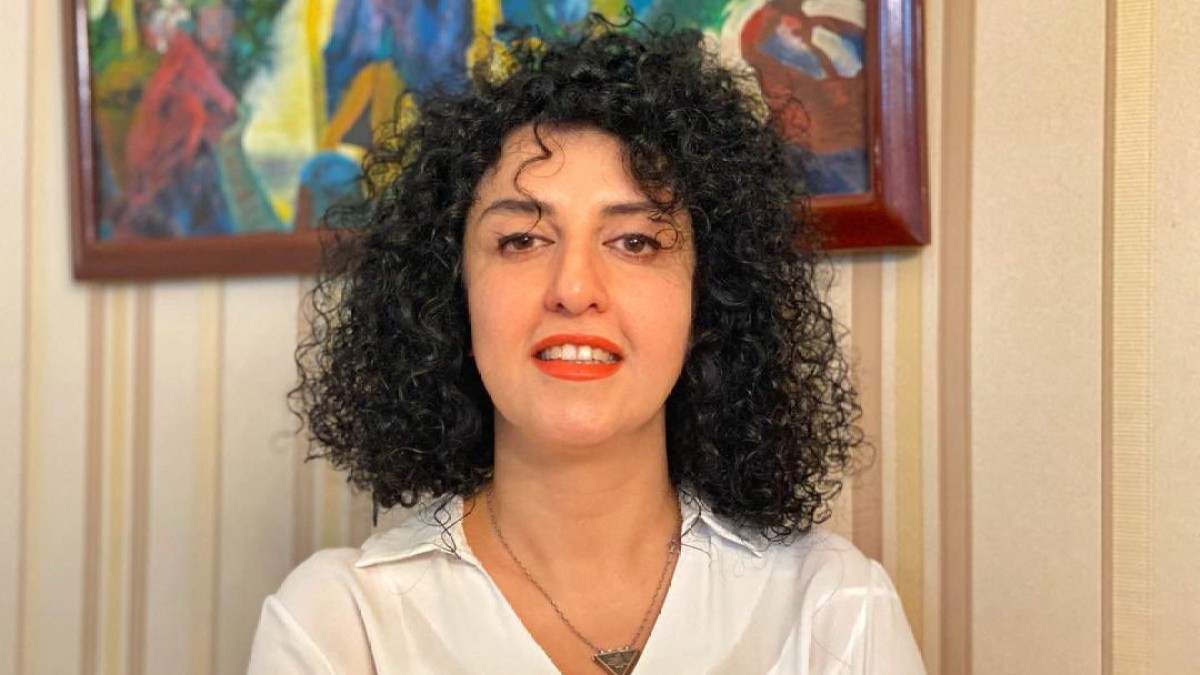
Inter-communal violence is common in the state due to land tensions between nomadic herders and indigenous farmers.
At least 30 people have been killed in renewed violence in Nigeria’s central Plateau state, where clashes between Muslim herders and Christian farming communities have raged for years, a community organization and an aid group source said on Thursday.
Despite a 24-hour curfew imposed in Plateau’s Mangu district on Tuesday, schools, places of worship and homes were burned and looted in further attacks, community leaders said.
The Mwaghavul Development Association, an organization of the ethnic Mwaghavul population, who are predominantly Christians, blamed Fulani Muslim herdsmen for the attack on Kwahaslalek village that killed about 30 people.
“Right now our people are at the mercy of God and what little they can do in self-defense,” the association said in a statement.
That figure was confirmed by a local rescue official and a source from an aid group working on the scene, who spoke to AFP on condition of anonymity. The aid source said more than 100 people were injured.
Security personnel have not yet commented on the death toll in the recent attacks.
Two displaced persons camps have been set up in Mangu town for about 1,500 people, local head of the Nigerian Red Cross Nurudeen Husaini Magaji told AFP.
The governor of Plateau announced the curfew on Tuesday after another clash that officials attributed to a dispute between a herdsman moving his cattle and other residents using the road.
A History of Communal Conflicts
The state lies in the Middle Belt, a region that is considered the dividing line between Nigeria’s predominantly Muslim north and the predominantly Christian south. Intercommunal violence is widespread in the region, which is home to dozens of ethnic minorities such as the Mwaghavul.
The clashes in the region and northwest stem from communal tensions over land between nomadic herders and indigenous farmers, but are exacerbated by the impacts of climate change and population growth in the region. Several local reports accused farmers of having to form self-defense groups to ward off attacks by herdsmen.
The situation was made worse by retaliatory attacks and a network of wider crime. Heavily armed gangs, locally known as bandits, attack villages, especially in the northwestern states, looting and kidnapping in order to extort ransom. The conflict has also gripped parts of southwest and southeast Nigeria.
Tensions have risen recently since nearly 200 people were killed in raids on predominantly Christian villages over Christmas.
Jama’atu Nasril Islam, a Muslim community organization, also said clashes broke out in the city of Mangu between Tuesday and Wednesday, with places of worship and religious schools attacked.
“We call on the government and security agencies to intensify efforts to secure the lives and property of residents of Mangu and other hotspots,” JNI State Director Salim Musa Umar said.
“All those involved should also do everything they can to prevent a possible escalation.”






Recent Comments